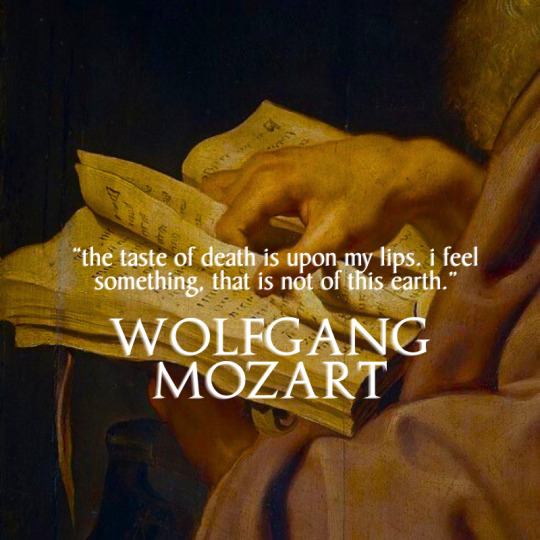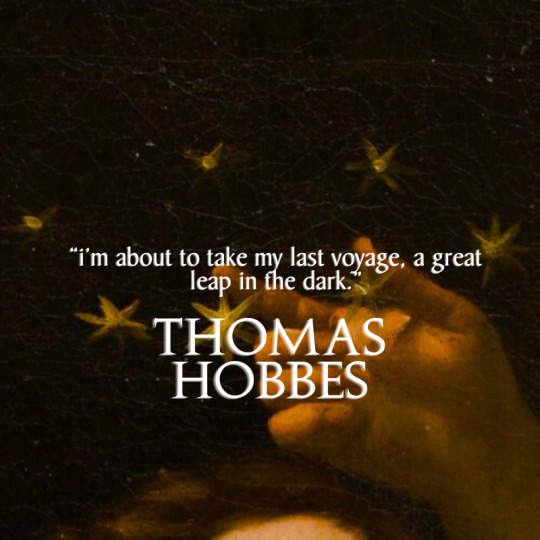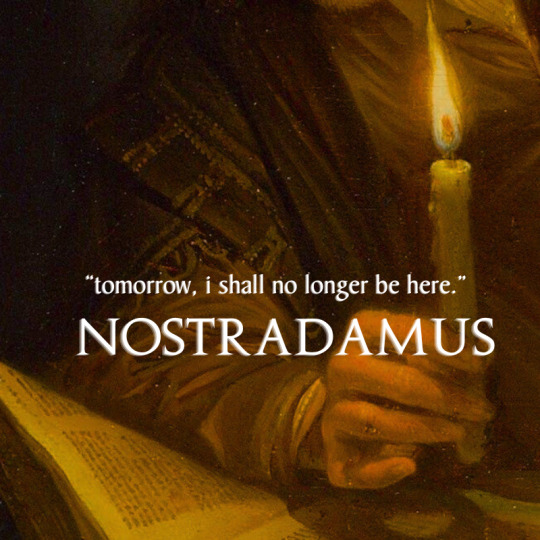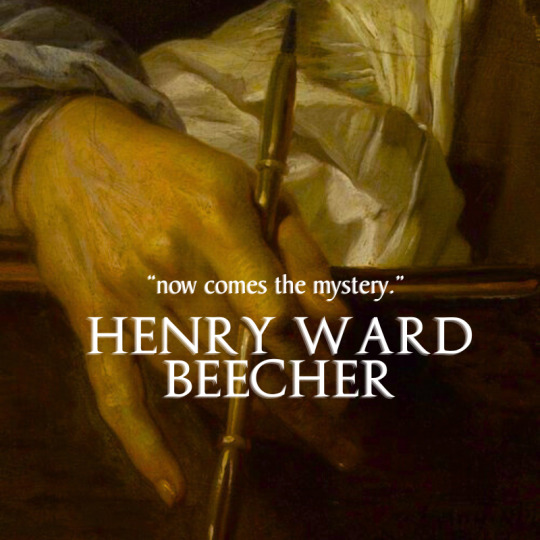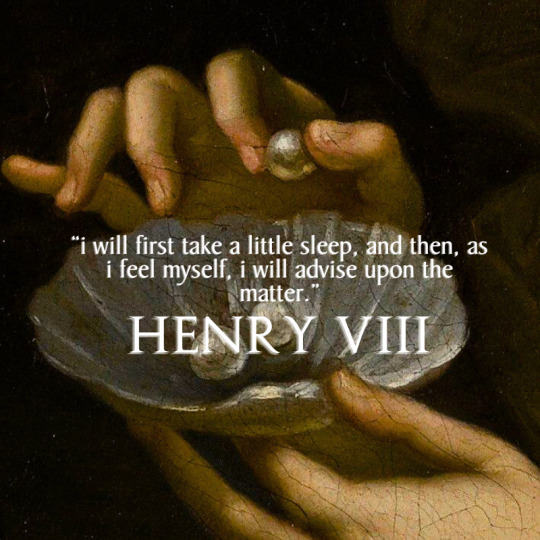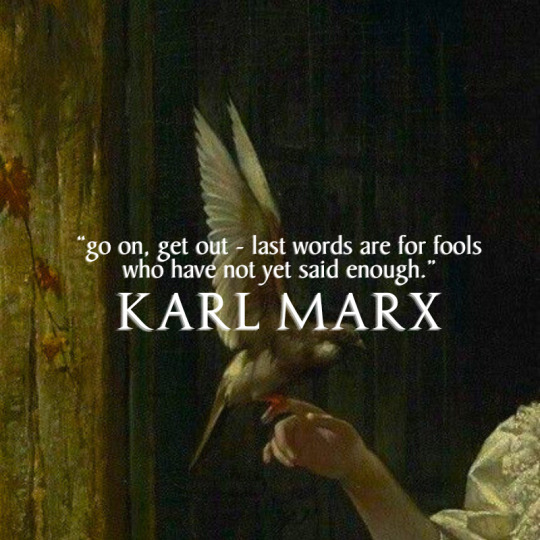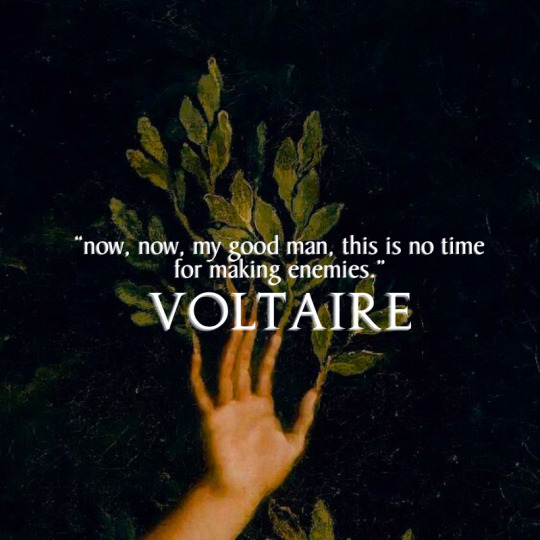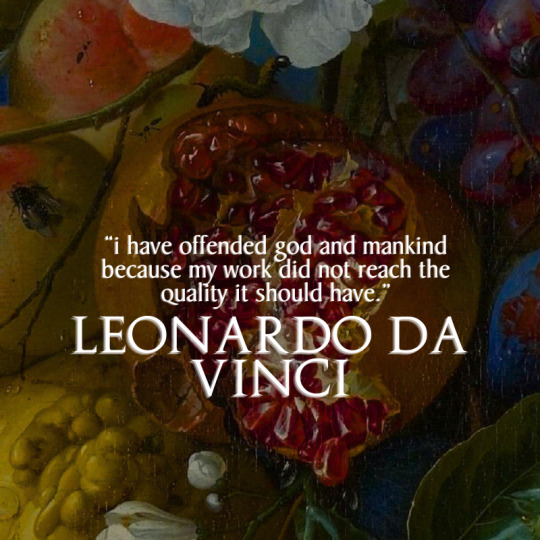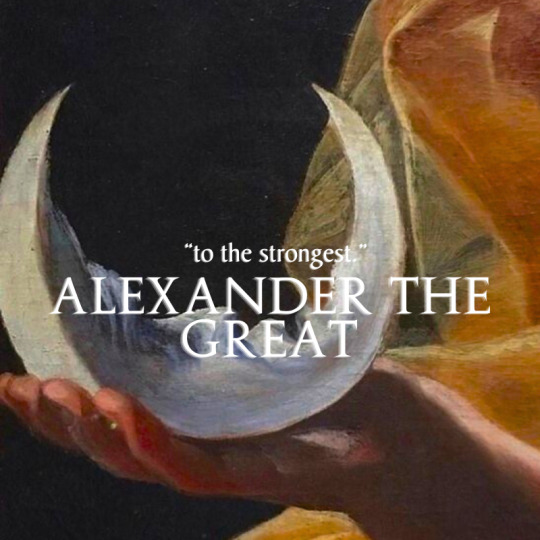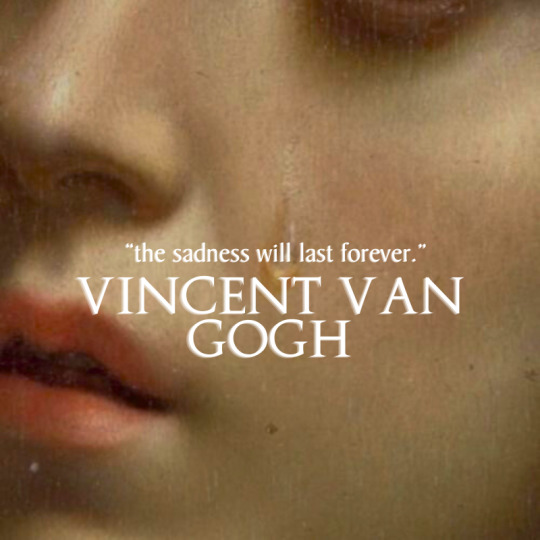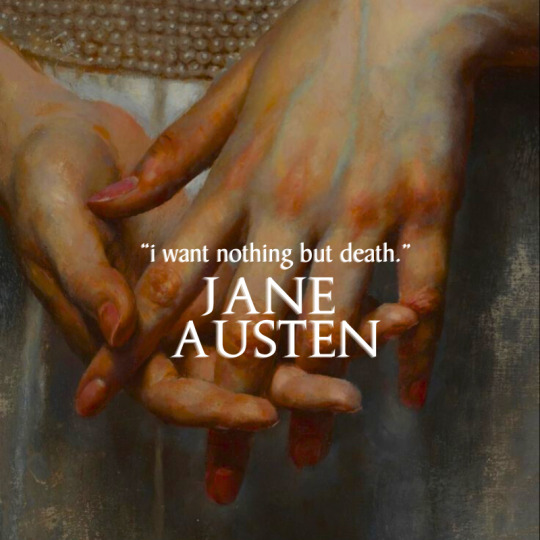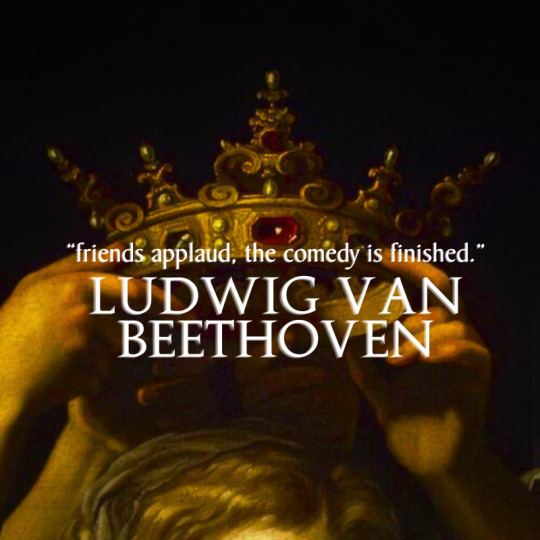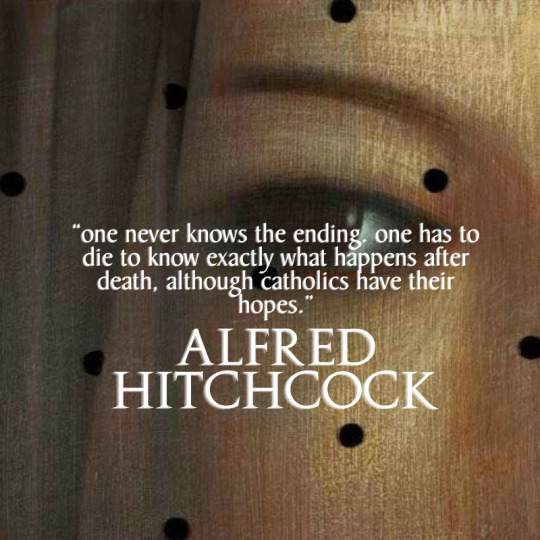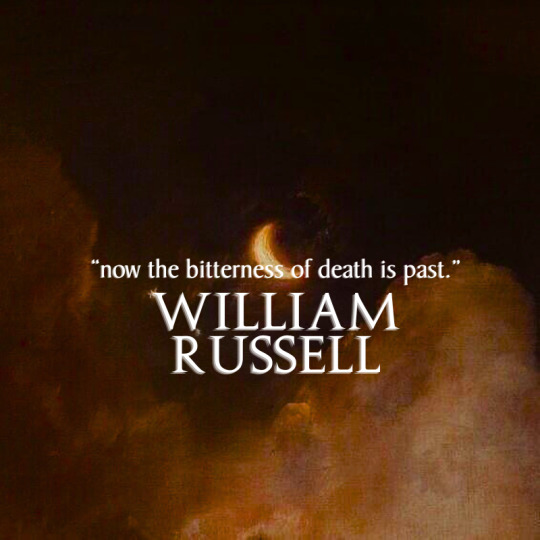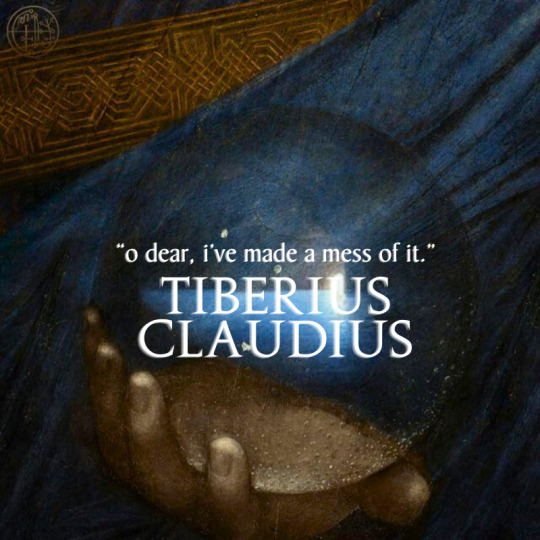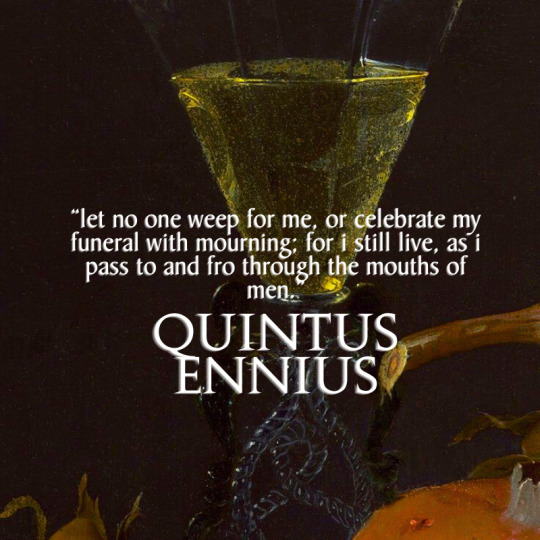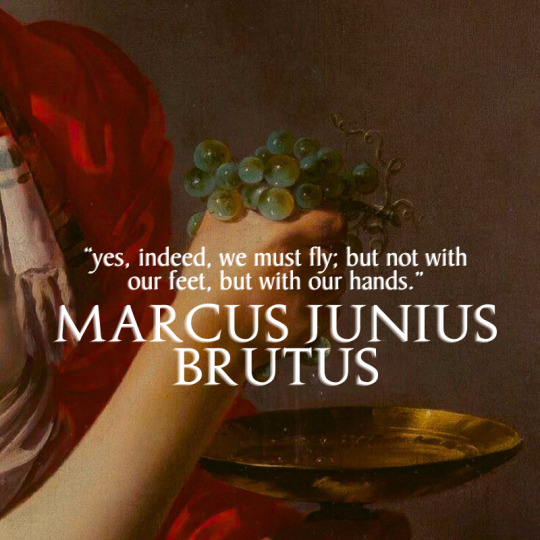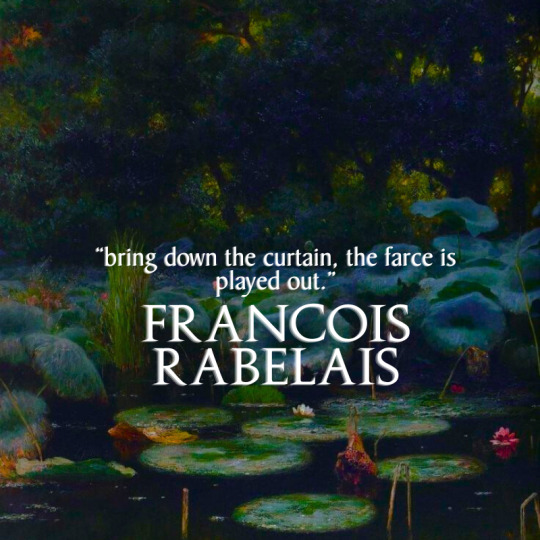Text
When you finally realize that someone’s behavior has more to do with their internal struggle than it ever did with you, you learn grace. You also naturally learn detachment as well.
4K notes
·
View notes
Text
We experience life as a continuity, and only after it falls away, after it becomes the past, do we see its discontinuities. The past, if there is such a thing, is mostly empty space, great expanses of nothing, in which significant persons and events float
Open City by Teju Cole
3 notes
·
View notes
Text
Uncertainty is how we go on existing.

Mary Oliver, from Long Life: Essays And Other Writings originally published in 2004
#poetry#the human condition#nothing that happens is ever forgotten#the answers you seek are always before you#there is nothing to find#this is it
12K notes
·
View notes
Text
In 1931, the Austrian logician Kurt Gödel pulled off arguably one of the most stunning intellectual achievements in history.
Mathematicians of the era sought a solid foundation for mathematics: a set of basic mathematical facts, or axioms, that was both consistent — never leading to contradictions — and complete, serving as the building blocks of all mathematical truths.
But Gödel’s shocking incompleteness theorems, published when he was just 25, crushed that dream. He proved that any set of axioms you could posit as a possible foundation for math will inevitably be incomplete; there will always be true facts about numbers that cannot be proved by those axioms. He also showed that no candidate set of axioms can ever prove its own consistency.
His incompleteness theorems meant there can be no mathematical theory of everything, no unification of what’s provable and what’s true. What mathematicians can prove depends on their starting assumptions, not on any fundamental ground truth from which all answers spring.
Natalie Wolchover, How Gödel’s Proof Works, Quanta Magazine, July 14, 2020
#metaphysics#mathematics#Kurt Gödel#incompleteness theorem#Gödel's Incompleteness Theorems#theory of everything#materialism and its discontents
52 notes
·
View notes
Text
There are many levels to this question. Some things can be learned, but cannot be taught; learning to ride a bike, for instance. As long as you are sufficiently motivated and don't have a disabling condition that might interfere (e.g., trouble maintaining your balance), you can learn to ride a bike; it just takes practice. But while it can be learned, it can't be taught.
Then there are things you might like to learn that are simply undiscoverable. Is there life on Venus? What is it like to be a bat? How did life begin in the universe? We take pride in our civilization's scientific advances, but really science is a tool that is only suited to a narrow range of repeatable phenomena. It's no help at all in learning how to be a kind person. That can be taught, if the student really wants to learn. Or rather, if the student really wants to unlearn (bad habits). Again, assuming no disabling conditions.
okay i have a question. rb for sample size etc. etc., but i’m curious:
no “other” option. if you have to clarify your “yes,” then it’s actually a no.
41 notes
·
View notes
Text
Uncertainty is intrinsic to existence.
(I took this an an epistemological question, but I concede it might have been as simple as asking whether you thought you could learn to play the banjo.)
okay i have a question. rb for sample size etc. etc., but i’m curious:
no “other” option. if you have to clarify your “yes,” then it’s actually a no.
#epistemology#theory of knowledge#ontology#philosophy of mind#cognitive neuroscience#neuroscience#neuropsychology#cognitive science
41 notes
·
View notes
Text
Interesting, I'd never heard about this before. It hardly seems like a cultural or clinical phenomenon if they can reproduce the effect among planarians (so much for behaviorism...)
“Personality changes following heart transplantation: The role of cellular memory…recipients acquiring the personality/memory characteristics of their donor”.
If we don’t have a theory to explain it then we have no theory.
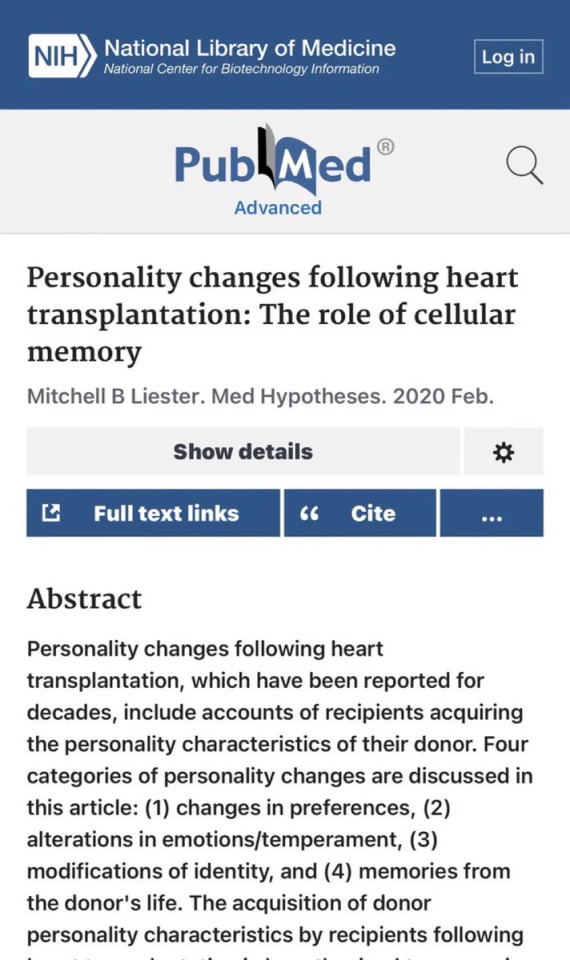
#neuroscience#neuropsychology#cognitive neuroscience#memory transference#consciousness#hard problem of consciousness
74 notes
·
View notes
Text
We live in an era where spiritual awakening is not a privilege, skill, or a way of living, but…
A NECESSITY.
Look around you the madness and how the collective ego is destroying us every day.
We need more conscious individuals lead their lives from a place of awareness.
24 notes
·
View notes
Text
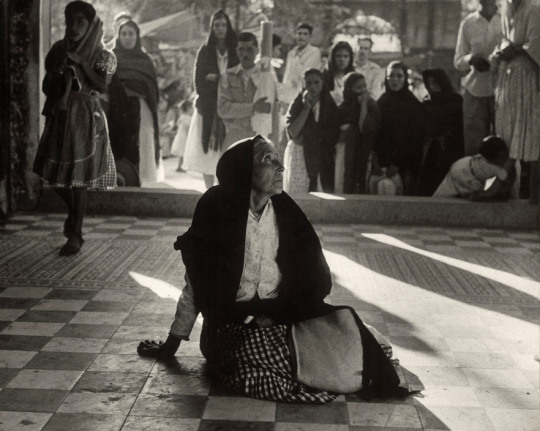
Herbert List • Adoration (Peasant at Church, Totanico, Mexico) 1950's
81 notes
·
View notes
Text
It's your right to live the life you want.
35 notes
·
View notes
Text
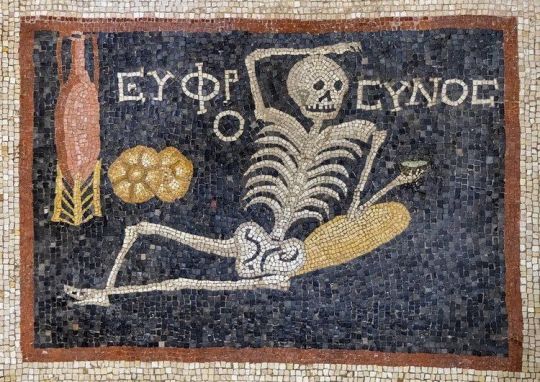
One of the panels of a mosaic of a cheery skeleton uncovered in Turkey in 2016, probably dated to the Late Roman era Antioch. The word can be transliterated as EUPHROSYNOS (cheerful).
1K notes
·
View notes
Text

"In Great-Grandpa's Hands" by Yvonne Krystovsky.
90 notes
·
View notes
Photo
This is what I was referring to in a recent philosophy of mind post as the zeroth person perspective or Z.

582 notes
·
View notes
